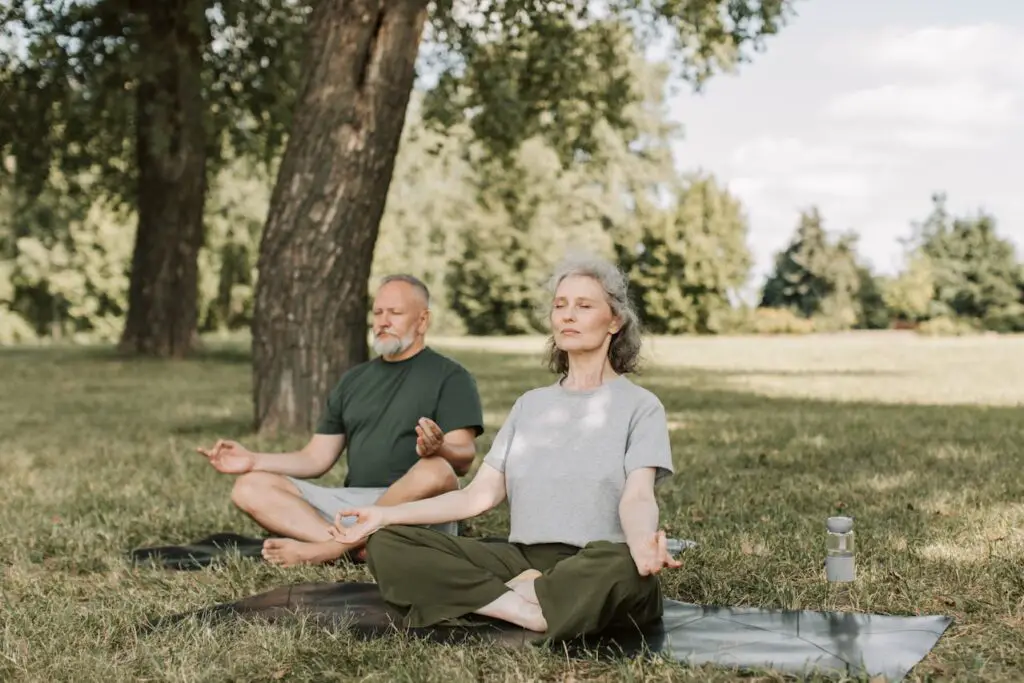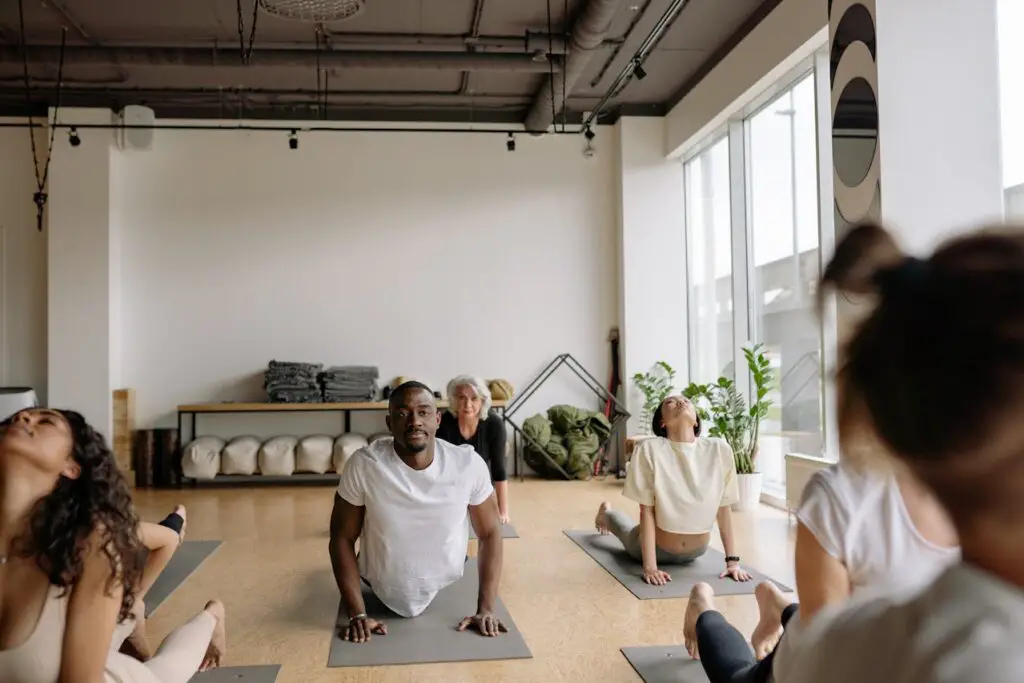7 Natural Ways to Manage Stress Without a Prescription

Let’s face it—stress isn’t just for the young and restless. For many baby boomers, the so-called “golden years” come with their own set of pressures: managing health changes, helping adult children (and sometimes grandchildren), adjusting to retirement, and navigating a fast-paced, ever-changing world. The truth? Life doesn’t slow down after 50—it just shifts gears. And with that shift comes the need for new ways to care for your mental and emotional health.
While some folks reach for prescriptions to take the edge off, that’s not the only option. There are many natural, practical, and surprisingly simple ways to manage stress that don’t require a trip to the pharmacy. In fact, most of them are free and easy to fit into your daily routine.
If you’re looking to feel more grounded, focused, and peaceful—without popping a pill—here are 7 tried-and-true ways to manage stress naturally, tailored for boomers who want real-life solutions that work.
1. Take a Walk—Your Brain Will Thank You

You don’t need to train for a marathon to get the mental benefits of walking. A brisk 20–30 minute walk, especially outdoors, does wonders for reducing stress hormones and boosting mood-enhancing endorphins. Nature walks are particularly powerful—they help calm a racing mind and give you a moment to unplug.
Walking also improves circulation, balance, and joint health, making it an ideal activity for older adults. Try making it a daily ritual—early mornings or late afternoons are great times to move your body and clear your head. If you have a walking buddy, even better! Shared steps and good conversation are a winning combo.
2. Master the Power of Deep Breathing

It sounds almost too simple to be effective—but deep breathing is one of the quickest ways to turn down the volume on stress. When you’re anxious or overwhelmed, your breathing becomes shallow and rapid, which signals danger to your brain. Deep, slow breaths flip that signal and tell your body it’s safe.
Try the 4-4-6 technique: inhale through your nose for 4 seconds, hold for 4 seconds, then exhale through your mouth for 6 seconds. Do this for 3–5 minutes, and you’ll feel more centered and calm. You can practice deep breathing in line at the store, during TV commercials, or even when you’re lying in bed trying to fall asleep.
3. Declutter Your Space to Declutter Your Mind

Clutter isn’t just a visual nuisance—it’s a sneaky source of stress. A crowded countertop, an overflowing closet, or that stack of unopened mail can make your mind feel just as cluttered. Studies show that disorganization in your environment can increase cortisol levels, making it harder to relax and think clearly.
Start small. Pick one drawer, shelf, or corner and spend 15 minutes tidying it up. You don’t need to Marie Kondo your entire house—just create a few peaceful, organized zones. A cleaner space promotes a calmer mind, and that fresh, open feeling is like a breath of fresh air for your soul.
4. Unplug from the News (Yes, You Can Still Stay Informed)

While it’s good to be aware of what’s going on in the world, constantly tuning into the 24/7 news cycle can crank up your anxiety. It’s often a stream of bad news, urgent alerts, and divisive commentary—and your brain absorbs all of that as danger signals.
Try limiting your news intake to once or twice a day from a trusted source. Avoid watching the news right before bed, and give yourself permission to take a “media detox” now and then. Fill that space with music, audiobooks, podcasts, or even just quiet time. Remember, staying informed is good—but your peace of mind is better.
5. Stretch and Flow with Yoga or Tai Chi

You don’t need to be super flexible or wear spandex to enjoy the benefits of gentle movement practices like yoga or tai chi. These slow, flowing exercises combine stretching, breathing, and focused attention—all of which are proven to reduce stress and promote relaxation.
Yoga helps release tension from your muscles and your mind, while tai chi is often described as “meditation in motion.” Both are ideal for improving balance, flexibility, and mindfulness. Many senior centers and online platforms offer beginner-friendly classes that can be done from the comfort of your home. Even 10–15 minutes a day can help you feel more grounded and less frazzled.
6. Lean on Laughter and Connection

Laughter really is medicine. It reduces stress hormones, boosts immune function, and increases feel-good chemicals like dopamine and serotonin. Whether you’re watching a classic comedy, chatting with a funny friend, or telling old family stories, laughing regularly can dramatically improve your emotional health.
But connection goes deeper than just sharing a joke. Social support is one of the strongest buffers against stress. Call a friend, join a group, or meet someone for coffee—even short interactions can give you that much-needed emotional lift. And if you’re dealing with something heavy, simply talking it out with someone who listens can help lighten the load.
7. Practice Daily Gratitude to Shift Your Perspective

When life gets stressful, it’s easy to focus on what’s going wrong. But choosing to notice what’s going right can completely change how you feel. A simple daily gratitude practice—writing down 3 things you’re thankful for—can lower stress, increase optimism, and even improve sleep.
Gratitude helps train your brain to look for the good, even on difficult days. It might be the smile from your grandchild, a favorite meal, or just the comfort of your morning coffee. Over time, this habit rewires your outlook and builds emotional resilience. Start or end your day with this simple practice, and see how it helps create more peace, patience, and perspective.
Final Thoughts

Life after 50 can be rich, meaningful—and yes, occasionally stressful. But here’s the truth: you’re not at the mercy of stress, and you don’t need a prescription to manage it. With a few intentional habits and small daily choices, you can build a life that feels more balanced, joyful, and in control.
These seven natural strategies aren’t just quick fixes—they’re tools for building long-term emotional well-being. Start with one or two that feel manageable and enjoyable, and give yourself time to make them part of your routine. You’ve made it this far with grit and grace—now’s the time to embrace calm and contentment. So take that walk, clear that drawer, and breathe a little deeper. You’ve got this!
Leave a Reply